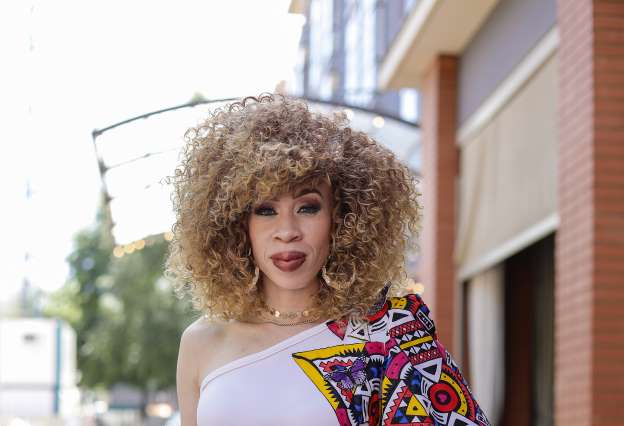People living with albinism in Africa suffer a great deal of stigma and live in constant fear of being hacked or killed for rituals. Across the continent, Albinism is viewed differently but all lead to the suffering of albinos.
In Tanzania for instance, an albino’s body parts are believed to bring wealth or luck. Ritualists request for teeth, bones and sometimes genitals of an albino to be brought by those who are looking to become rich. In other parts of the continent, such as Sub-Saharan Africa, it is believed that if one rapes and performs a ritualistic defilement of a young girl with albinism, he shall be cured of HIV/AIDS.
In other parts, such as Zimbabwe, people with albinism are referred to as ghost or spirit. People with albinism are also subjected to awful stereotypes. One example being that, their skin is the way it is because of a crime their family committed.
These myths are centuries old but in modern day developments, people with albinism in the public eye are standing for the voiceless in their community against the atrocities committed against people with albinism.
South African model, actress, TV personality and activist Refilwe Modiselle is one of those people who has done so through the making of White Gold (2020), a film that depicts the hardships a person with albinism experiences in Africa. As the first successful model with albinism, and the lead actress in the film, she says the role was one that stays closest to her heart.
“This was a story that was close to my heart because I fight for the voice of people with albinism. So my contribution to this story and being able to create the education and awareness that this is what we live with. I shouldn’t have to be robbed off being the average everyday person because of what I look like. Bringing this film is for education and also to create conversations around a topic like that.”
Though she grew up in South Africa where crimes committed against people with albinism were not as extreme compared to Tanzania, she says she still had to dig deep to make Mansa, the protagonist in White Gold, the very powerful character she is.
“Being from South Africa, I haven’t had much hardship but I can relate to mansa in terms of her pain because I succumb to the same pain living with albinism, the hardship and prejudice but the degree of having my limbs chopped off was definitely a challenge for me.”
In White Gold, the protagonist Mansa is a teacher in her local village. She has her arm cut off by a witch doctor for rituals. It has cost her livelihood and she loses the person that she is. To overcome her ordeal, she goes out on a mission to gain vengeance and her father helps her.
“Mansa was difficult to play. I think in any actor’s journey you want to be given a role where you are absolutely challenged, you want to be taken out of your comfort zone, and propel yourself completely into a space where you never really go to so I had to take on the spurt of a broken person, to take her pain was a difficult thing.
Also playing the person who is physically challenged is a hard thing. For me to prepare to play Mansa I had to go to a very deep and dark place and that’s taking the most painful part of your own life from your own experiences and planting that to bring the character to life.”
The release of White Gold has added to a growing ensemble of advocates who are continually speaking out acts against people with albinism and it shows the progress made.
Refilwe Modiselle recalls when times were a lot different.
“I started modelling at the age of 13 and it’s now 21 years later. So I started in an era where albinism was not seen as something beautiful. I literally walked into an industry where a person like myself did not have representation so that was a big deal.
It spoke of the transformation that needs to happen just generally within the modelling industry and now you see it because you have so many personalities who have dived into the same space as well. Not only as models but as public personalities, you have musicians such as Salif Keita who represent us so amazingly.”
As South Africa’s first successful model with albinism, she planted one of the first seeds that paved the way for other people with albinism to step into the limelight to also tell their stories and live through their truths.
“I think albinism is a lesson. If you are a person who is black with albinism, you learn that you can’t always be defined by your colour, as much as colour is such a big thing where race is such a huge thing all over the world. I think we need to get to a point where we respect each other as individuals as opposed to saying ‘you’re this colour and you’re this colour. You deserve this, you don’t deserve that’. I think it’s the essence of respecting each other as human beings first before our physical attributes.”
White Gold directed by Luke Bradford starring local actors from South Africa, including Refilwe was nominated as the Best Short Narrative film at the Pan-African Film Festival in Hollywood earlier this year.














